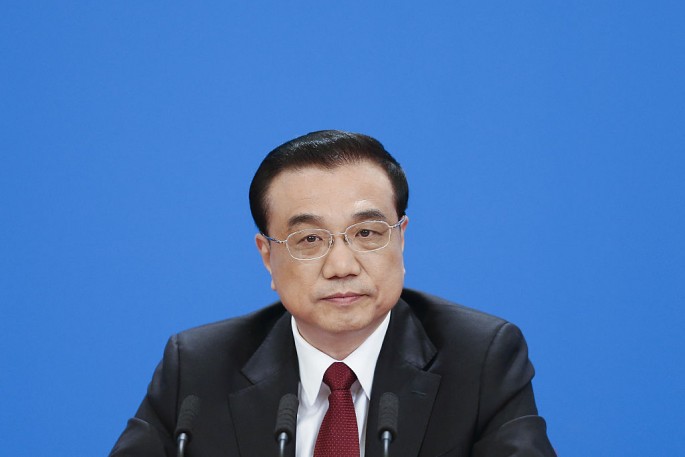Amid China's ongoing tax reform, Premier Li Keqiang called on tax and financial authorities to bear in mind that the reform must boost the real economy and reduce burden on all industries, according to an article by China Daily.
The landmark tax reform, which replaces China's current business tax with value-added tax, is just less than a month away from its May 1 deadline.
On Friday, Premier Li visited the officials at the State Administration of Taxation and the Ministry of Finance to ensure that goals in tax reduction measures are in place to benefit Chinese industries.
Once passed, the business-tax-to-VAT pilot program will extend its reaches to four remaining sectors in Chinese economy: property, consumer services, construction and finance. Approximately 10 million companies will be affected by the newly reformed program, which began about four years ago.
Real estate and construction companies will have to pay 11 percent VAT, while finance and consumer service companies will have a 6-percent VAT rate imposed on them.
The State Administration of Taxation and the Ministry of Finance also that VAT deductions will include even the new real property of enterprises.
"The business-to-VAT reform is key to ensuring the effectiveness of the proactive fiscal policy, and to pressing ahead the structural, especially supply-side, reform for this year," said Premier Li. "If this is well done, the real economy will be more vital."
To cover the tax reductions that will take place due to the tax reform, China has already increased the government deficit to 2.18 trillion yuan, which represents a 560-billion-yuan increase.
Aside from alleviating tax burden on enterprises, the reformed tax program will also help boost China's service sector, an active industry that contributed over half of the country's GDP in 2015.
Through the VAT program, double taxation will be avoided and will help unify the country's taxation system, thus creating a fair market environment, said Li.
Scholars and experts agree that the reformed tax program, which also includes China's financial services, will ultimately help consumers by cutting the price of goods.



























